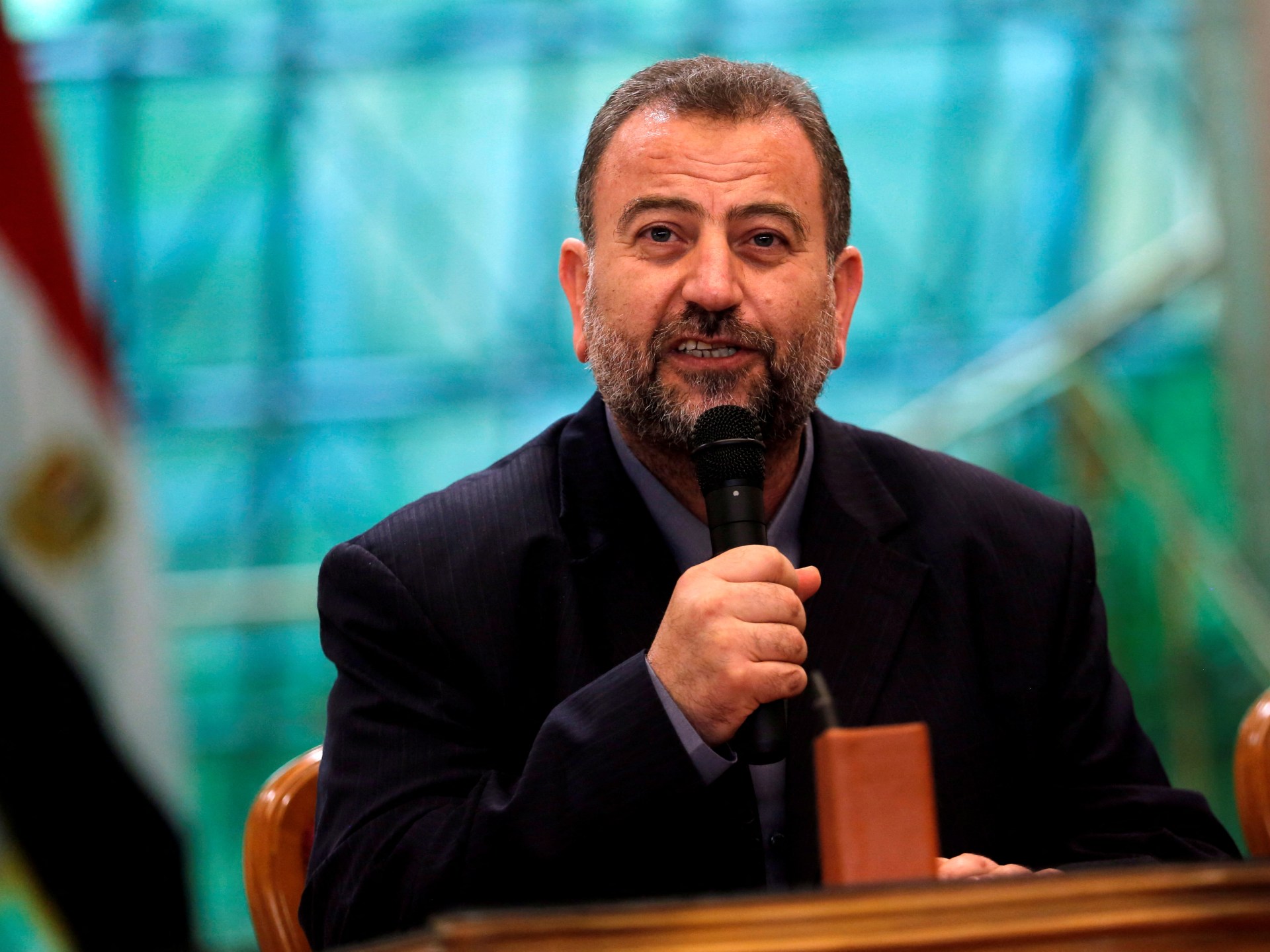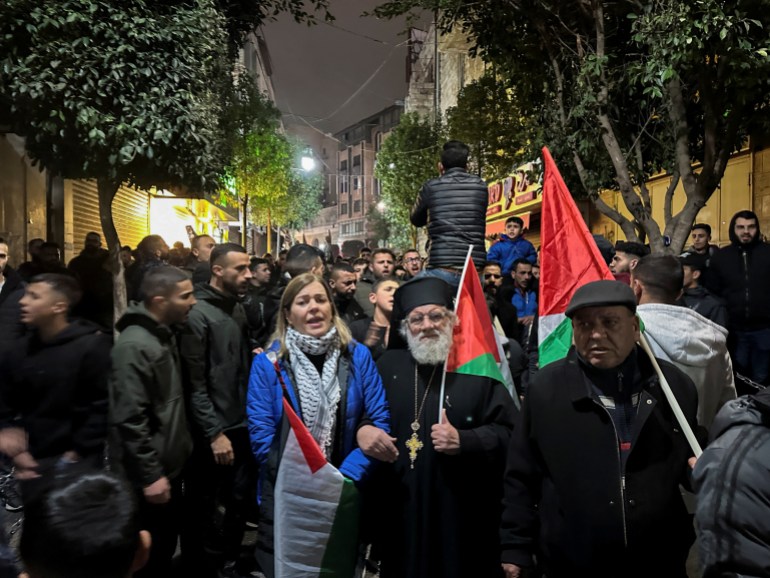
A drone strike in Beirut’s southern suburbs of Dahiyeh, a Hezbollah stronghold, killed senior Hamas official Saleh al-Arouri on Tuesday.
The drone hit a Hamas office, leaving six dead, the Lebanese state news agency reported.
Hamas confirmed al-Arouri’s death and described it as a “cowardly assassination” by Israel. She added that attacks on Palestinians “inside and outside Palestine will not result in breaking the will and fortitude of our people or undermining the continuation of their brave resistance.”
“It once again demonstrates the abject failure of this enemy to achieve any of its aggressive objectives in the Gaza Strip,” the group said.
Following news of al-Arouri’s death, mosques in Arura, the occupied West Bank city north of Ramallah, are mourning his death and a general strike has been called in Ramallah on Wednesday.
Here’s what you should know about the Hamas official killed in Lebanon.
Who was Saleh al-Arouri?
Al-Arouri, 57, was deputy head of Hamas’ political bureau and one of the founders of the group’s armed wing, the Qassam Brigades.
He lived in exile in Lebanon after spending 15 years in an Israeli prison. Before the war began on October 7, Israeli Prime Minister Benjamin Netanyahu threatened to kill him.
In recent weeks, al-Arouri has taken on the role of spokesman for the group, telling Al Jazeera last month that Hamas would not discuss an exchange deal for prisoners held by the group before the end of the war in Gaza.
The United States designated al-Arouri a “global terrorist” in 2015 and offered a $5 million reward for any information about him.
What did Israel say about al-Arouri’s death?
Although there was no official reaction from Israel to the death of the Hamas official, Mark Regev, an adviser to Netanyahu, told the US media portal MSNBC that Israel did not take responsibility for this attack. But he added: “Whoever did it, it must be clear: this was not an attack on the Lebanese state.”
“Whoever did this delivered a surgical strike to the Hamas leadership,” he said.
However, Danny Danon, a former Israeli envoy to the United Nations, welcomed the attack and congratulated the Israeli army, Shin Bet security service and Mossad, Israel’s intelligence agency, for killing al-Arouri.
“Anyone who was involved in the July 10 massacre should know that we will reach out to them and close an account with them,” he said in Hebrew on X, referring to the Hamas attack on southern Israel on October 7, which killed nearly 1,200 people.
Israel’s relentless bombardment and artillery shelling of the Gaza Strip has since killed more than 22,000 Palestinians, including more than 8,000 children.
According to Israeli media, following Danon’s tweet, the government ordered cabinet ministers not to give interviews about al-Arouri’s death.

What was the reaction from Lebanon?
Lebanon’s caretaker Prime Minister Najib Mikati condemned the attack on the suburb of Beruit, saying it was a “new Israeli crime” and an attempt to drag Lebanon into war.
Mikati also warned that “Israel’s political elite is resorting to extrapolating its mistakes in Gaza to the southern border in order to impose new facts on the ground and change the rules of engagement.”
Hezbollah said the attack on the Lebanese capital “will not go without punishment.”






Recent Comments